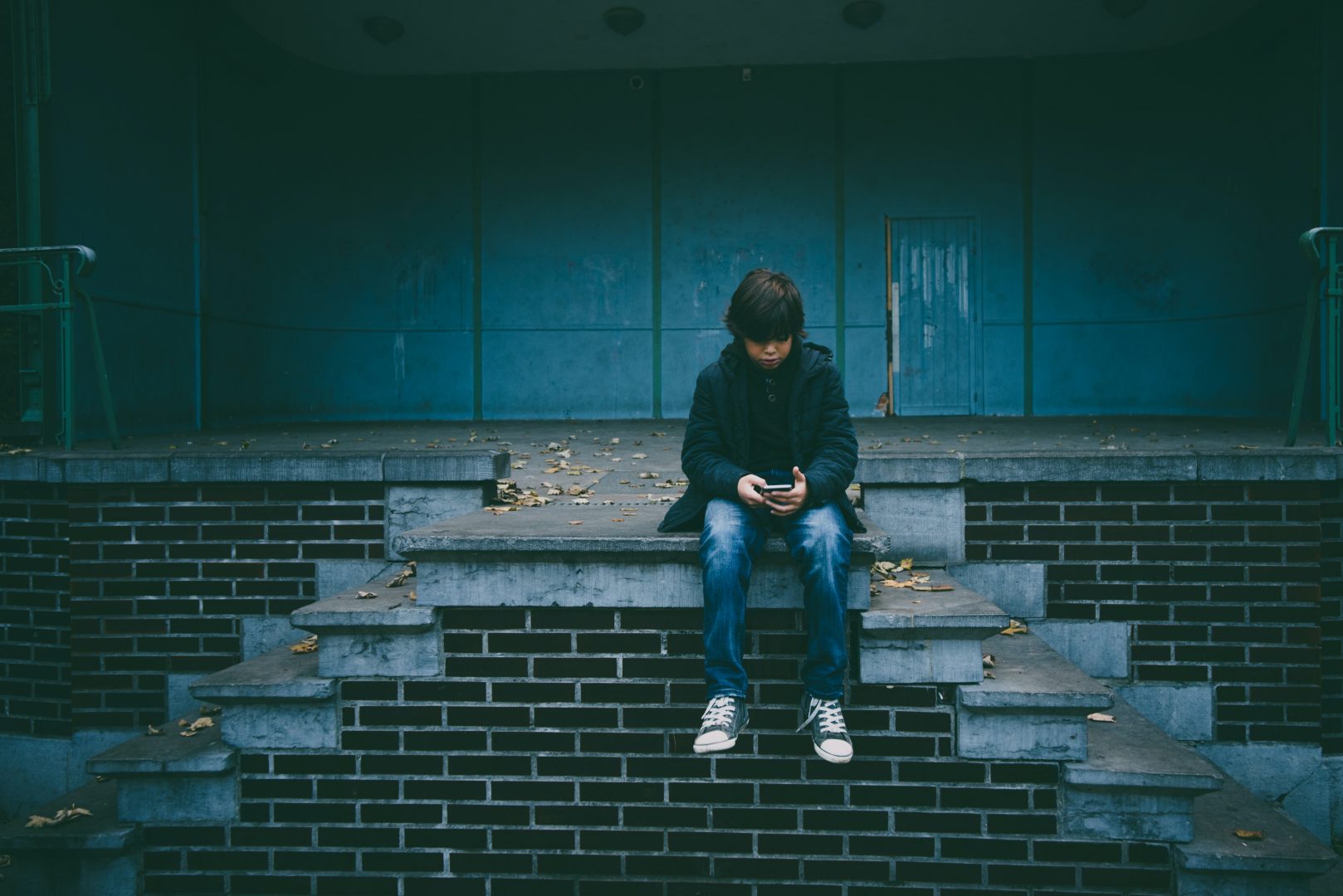- Educational Social media organisation is urging teachers, parents and carers to speak to young people about sharing images after increase in self-generated sexual material in 2020
- Free resources have been created to help broach the subject with children and young people
A new online safety campaign has been launched to raise awareness of the rise in self-generated sexual content being posted by children and young people online, with research indicating an increase during lockdown.
The #DontAskMe campaign, created by the Sheffield based social media platform Natterhub, aims to give children and young people the skills and confidence to say ‘No’ or ‘Don’t ask me’ to sending sexual images or content.
Self-generated material was involved in nearly half (44%) of all child sexual abuse content dealt with by the Internet Watch Foundation (IWF)in the first six months of this year. This is a significant increase from 29% last year, which has been generated as a result of grooming, coercing, relationships and even bullying.
Natterhub has released a range of free resources as part of the campaign to educate young people about the steps they can take to stay safe and the consequences associated with this type of activity.

Manjit Sareen Co-founder and CEO of Natterhub, said:“You never imagine your own child sending these types of images online, but sadly it seems that asking for and sharing sexual photos has become a ‘normal’ part of growing up. Children and teenagers share this kind of content for all sorts of reasons, including peer pressure, fear of bullying or blackmail, and to show commitment as part of a relationship.”
Co-founder and CCO, Caroline Allams, added:“This type of activity does not need to be the accepted norm, and our #Don’tAskMe campaign aims to help young people recognise this and raise awareness of the outcomes of sharing this content. However uncomfortable, it’s crucial that we are having these conversations with our children to help them keep hold of their childhoods.”

The free resources from Natterhub provide information and advice about why children and young people may share images, signs that you may need to talk to your child and how to start a conversation. Key advice from Natterhub is:
- If you notice that your child is using their devices more than usual, it is worth asking them about what they’re up to. Be especially careful if your child tries to take their devices to bed with them.
- Is your child being secretive? Do they leave the room to reply to a message, or delete their texts as soon as they send them? Whilst it is natural for children to want more privacy as they mature, secretive behaviours could be an indicator that they are trying to hide something.
- Talk to your child’s teachers about their schoolwork. Finding it hard to concentrate in class or struggling to get their homework done can be indicators that your child is worried about something that has happened to them online.
- Ask children questions about what they believe is appropriate online behaviour. Instead of discussing sexual images specifically with younger children, you could discuss why games and films have age ratings and what they think is or isn’t appropriate to share with other people.
Susie Hargreaves OBE, Chief Executive of the Internet Watch Foundation, said: “Sadly, the internet is not always used for good and, through absolutely no fault of their own, children can be targeted and groomed by manipulative online predators. Parents may not even know it, but their child may have been approached by a stranger, even in the seeming security of their own bedroom, via the internet.
“Parents and children need to know the potential dangers that lie alongside the tremendous positives of the internet. Giving them the tools they need to thrive in confidence online, and to call out and stop abuse wherever it occurs is crucial, and a vital step in making sure the internet is kept safe for everyone.”
The team at Natterhub are now encouraging others to raise awareness of the increasing problem and use the #Don’tAskMe hashtag on social media, with organisations such as the IWF and The Marie Collins Foundation joining in the conversation.
Created for ages 5 to 11, Natterhub enables children to learn about online safety in a safe and controlled environment. For more information and to download the resources visit https://natterhub.com/campaigns/dontaskme.



